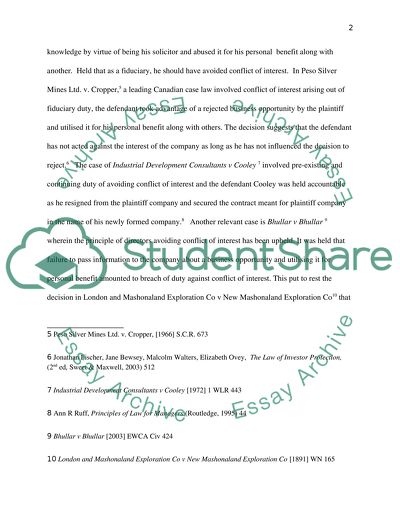Cite this document
(n.d.)
Retrieved de https://studentshare.net/law/1470756-company-law
Retrieved de https://studentshare.net/law/1470756-company-law
()
https://studentshare.net/law/1470756-company-law.
https://studentshare.net/law/1470756-company-law.
n.d. https://studentshare.net/law/1470756-company-law.


